JAMAICA | The CCJ: Seaga's Defining Charge to Holness
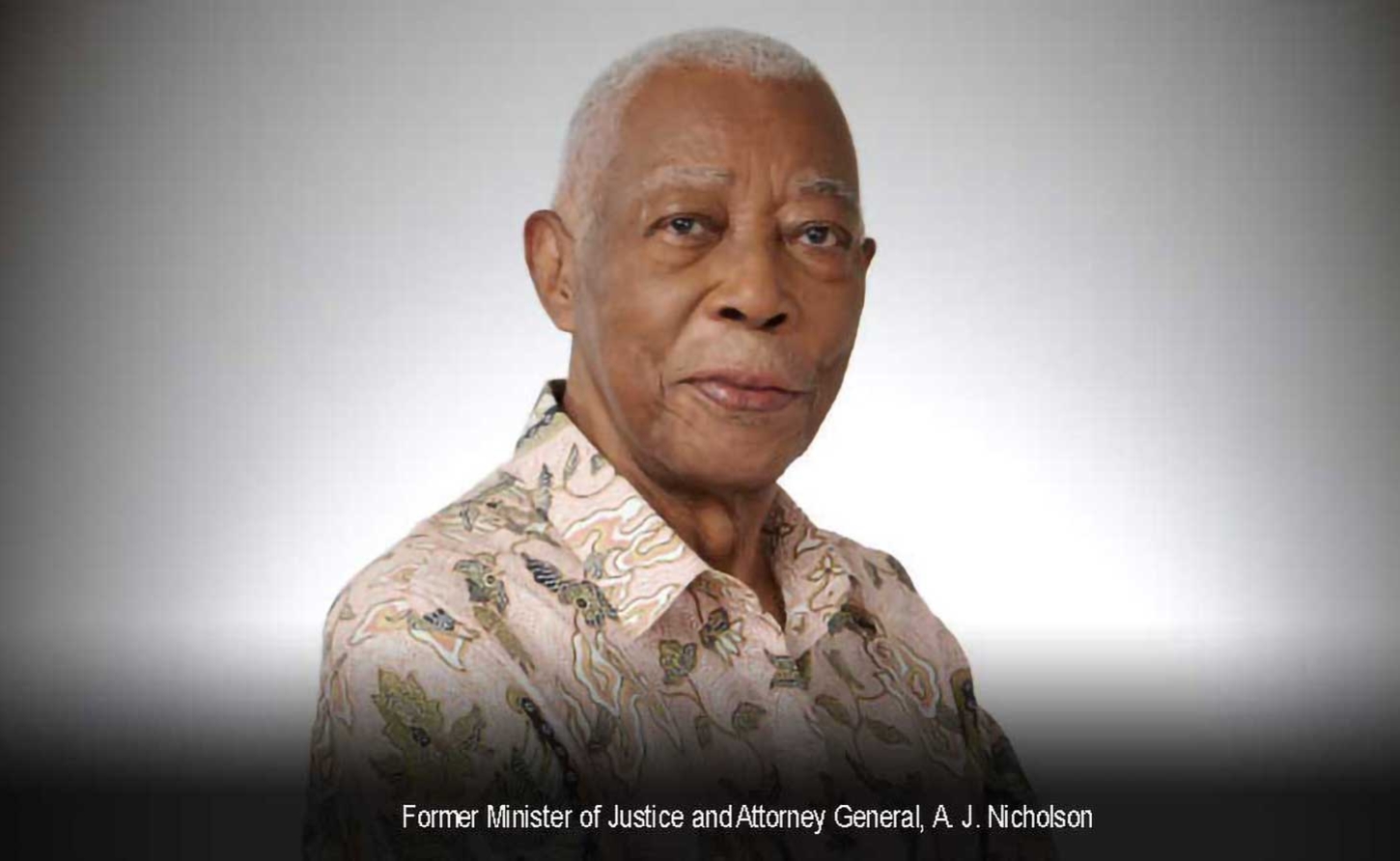
KINGSTON, Jamaica, October 27, 2024 - It is indeed an ill wind that blows no good! On the approach of National Heritage Week, Metry Seaga of the Private Sector Organisation of Jamaica publicly essayed an injudicious, awkward proposal concerning how the Emancipation and Independence anniversaries might be marked.
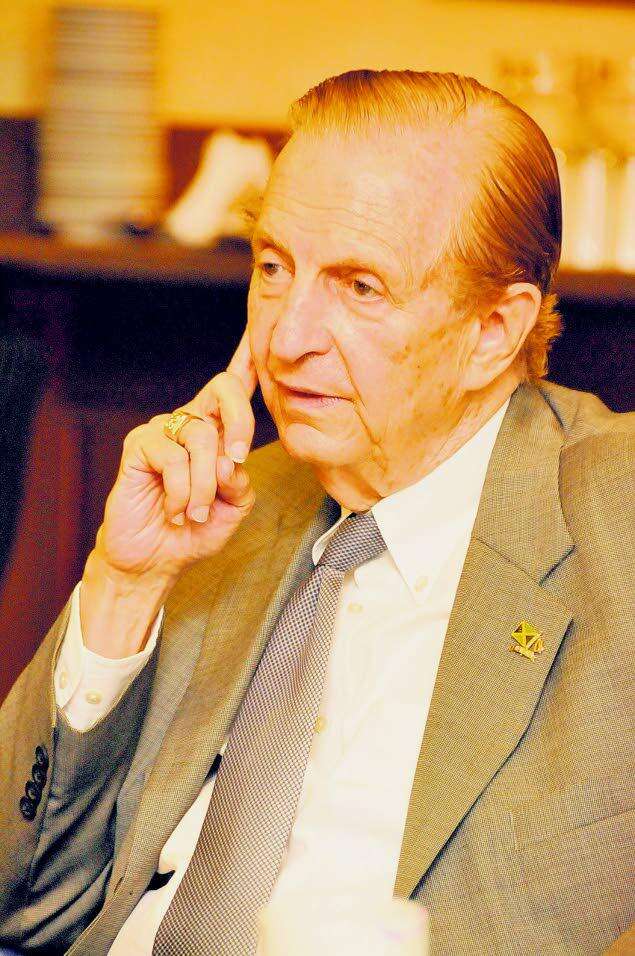
It also led to a deeper contemplation as to why would a former head of government project an intention for the door of access to the final court to remain closed to the vast majority of our citizens, interminably. But, did he?
After all, not only had he demonstrably been a supporter of the birth of the policy and steadfast in the pursuit of its development but also his close attachment to the process over several years outstripped that of every other leader of the two major political parties.
Fly high or fly low, Metry Seaga's entry upon the emancipendence conversation immediately touched a responsive chord that lies deep in the heritage of Jamaicans of African descent, that is, the challenging, thorny march from emancipation to political independence.
Edward Seaga's withdrawal of his party from the process seeking unimpeded access to final justice left a resounding, lingering effect upon that same sensitive chord. Having passed on, the process has long gone beyond him; the transition responsibility now rests primarily within the bailiwick of Andrew Holness.
And yet, retracing the story of his decades-long attachment to the initiative as it meandered through the years leads to the largely forgotten impactful message that accompanied his withdrawal of support. The lengthy attachment:
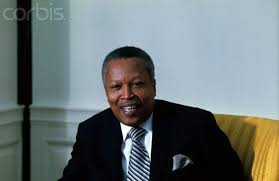
TWO: Eighteen years later in 1988, as prime minister, his cabinet which included Bruce Golding had Oswald Harding, the attorney general, travel to Antigua and Barbuda to urge upon the Regional Heads of Government meeting that the process for the creation of the court should be speeded up.
THREE: As Opposition Leader in the early 1990s, he and Bruce Golding were members of the David Coore-chaired Joint Select Committee on Constitutional and Electoral Reform which recommended that Jamaica should pursue the policy in earnest.
FOUR: His vote, as Opposition Leader in 1995, was indispensable to consensus being achieved in Parliament's unanimous vote to accept that Joint Select Committee Report.
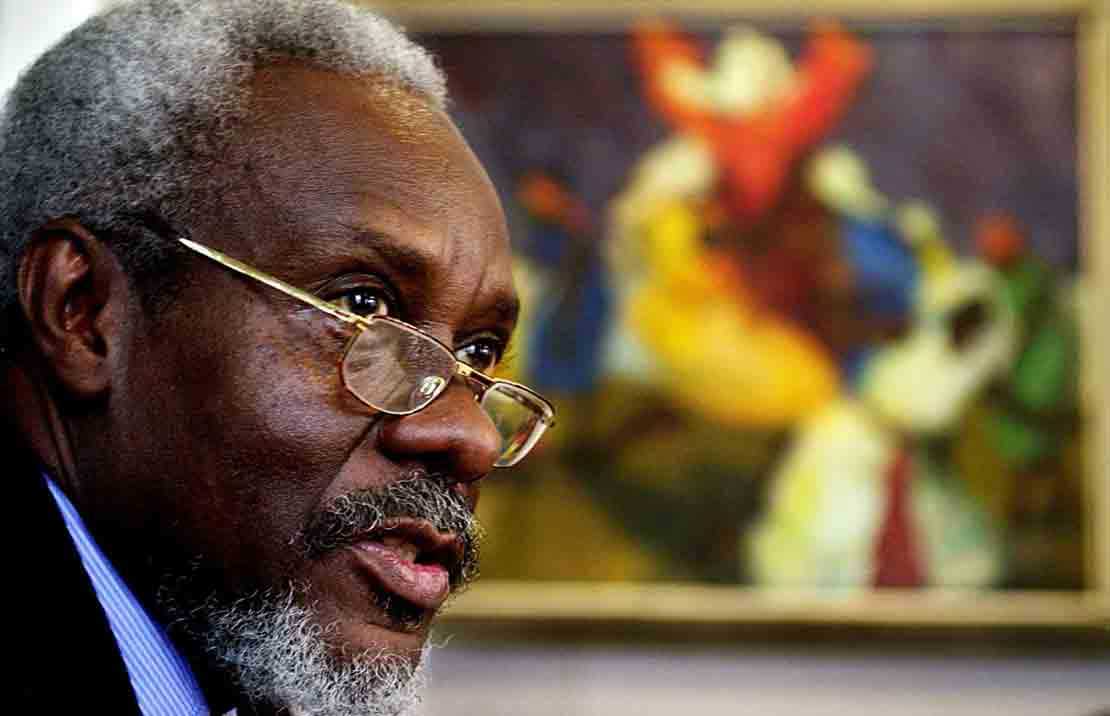
Other than himself, the leader who played a sterling role in the policy's development was PJ Patterson whose significant contribution entailed assisting in driving the process to bring the court into existence. His essential role in its establishment was effected some three decades after the birth of the policy in 1970.
SIX: Seaga was a litigant in the case in which direction was sought from the courts concerning the correct constitutional route to be employed to accede to the CCJ.
SEVEN: Months before the court's inauguration in 2005, when the Privy Council declared that the procedure for Jamaica to make the transition was by a two-thirds majority vote in each House, he announced his party's withdrawal from supporting the process.
EIGHT: Despite some mightily strange, insuppportable reasons advanced for his decision, the former prime minister ended by projecting an assessment-based approach which spoke decidedly to a matter of timing.
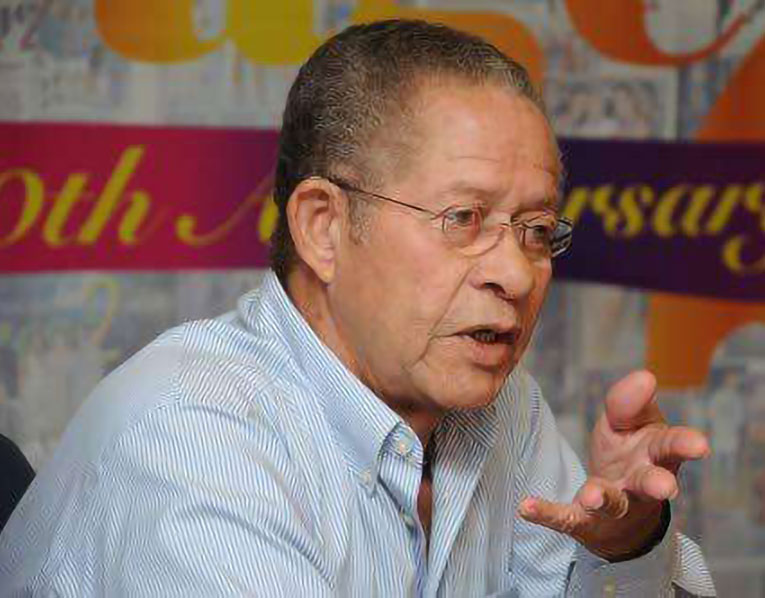
Now, close upon two decades later, it is incontestable that the outcome has left no room for any objections to be sustained about moving forward to the goal. Why?
Manifestly, there has been no complaint whatsoever emerging from any of the five sister member states that have already embraced its appellate jurisdiction.
In addition, the accessible itinerant Caribbean Court of Justice gratifyingly enjoys international affirmation and acclaim.
The clear evidence is that the aim and intention shared by Shearer and Seaga, fifty four years plus ago in 1970, have materialised.
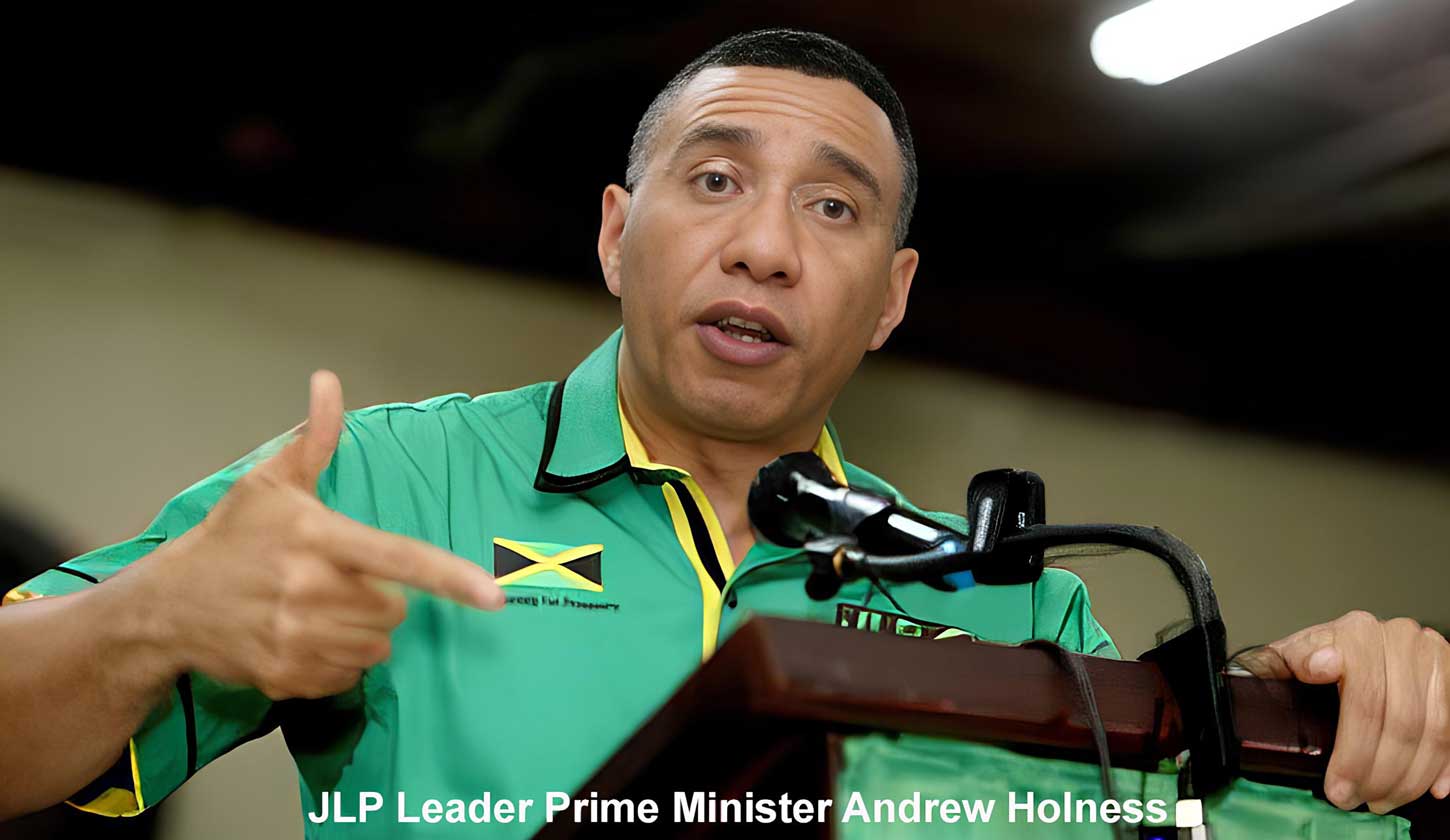
It has now fallen to Holness, as head of government, to dutifully engineer his mentor's charge by setting in motion in the Legislature the constitutional procedure declared by the Privy Council.
By so doing, the perceived shackle, too long incorrectly assumed or imagined by himself and others to have been attached to the process by Edward Seaga, will thereby disappear.
Metry Seaga's intervention, then, cannot be regarded as an ill wind. It has timely served to spotlight his cousin's defining message which centres, as it should, on the best interests of our people, the vast majority of whom are of African descent.
It underscores that Andrew Holness stands alone on this sensitive issue along the decolonisation journey; that he needs to move into the fold to join hands with his visionary predecessors, speedily!
AJ NICHOLSON

 Ar
Ar  En
En